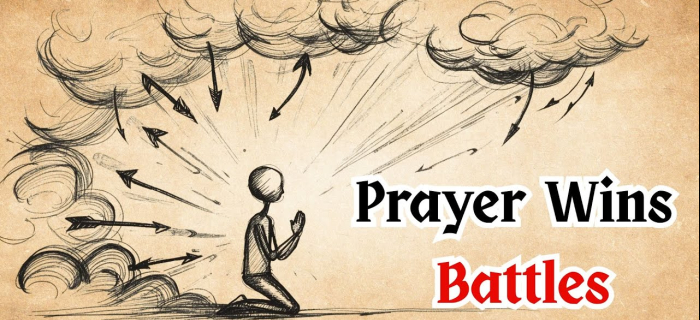
Trump’s Initiative to Address Violence Against Christians in Nigeria
A Nigerian mission leader has hailed President Donald Trump’s recent initiative aimed at combatting violence against Christians in Nigeria as an “answered prayer.” Andrew Gwaivangmin, the executive secretary of the Nigeria Evangelical Missions Association, expressed his enthusiasm to Fox News regarding Trump’s commitment to halt the ongoing bloodshed affecting believers in the region.
The Call for International Attention
Gwaivangmin highlighted the importance of international intervention in Nigeria’s ongoing violence, stating, “We have cried out to the international community to force our government to do the right thing. This is the only time America is focusing its attention on this violence in Nigeria. So, as a Christian, I’m excited.” His remarks underscore the critical role international support plays in addressing human rights abuses and violence against religious minorities.
The challenges faced by Christians in northern Nigeria have been dire, with consistent reports of targeted attacks and mass killings. In this context, Gwaivangmin commended Trump’s focus, asserting, “I’m happy that Trump is focusing on ensuring that this violence stops. Anybody who doesn’t support the intervention by Trump clearly doesn’t understand the reality and gravity of the violence in northern Nigeria over the last decade.”
The Nigerian Government’s Response
In reaction to Trump’s threats to send U.S. troops should the violence persist, Nigerian President Bola Tinubu reinforced his administration’s resolve to work alongside religious leaders of both Christian and Muslim backgrounds to address the security issues affecting all citizens. Tinubu insisted, “The characterization of Nigeria as religiously intolerant does not reflect our national reality and disregards the government’s consistent and sincere efforts to safeguard religious freedom and beliefs.”
This declaration from the Nigerian leader signals a commitment to tackling the roots of the violence while promoting interfaith cooperation in a country that has seen increasing sectarian strife. The government aims to reassure both local and international communities of its dedication to maintaining peace and security.
Widespread Violence Against Christians
According to reports from Open Doors, an international Christian organization, the violence against Christians in northern Nigeria is alarming. The organization warns that attacks are prevalent in Muslim-majority states and are increasingly spilling over into the Middle Belt and southern regions of the country. Christians, particularly, are vulnerable to targeted assaults by Islamist militant groups such as Boko Haram and Fulani herdsmen.
These attacks are not only deadly; they often leave a lasting impact on the survivors and communities, particularly women and families. Reports indicate a disturbing trend of sexual violence against women during these attacks, further exacerbating the humanitarian crisis.
Personal Accounts from the Mission Field
Gwaivangmin shared harrowing details of the violent reality faced by missionaries in his organization. He revealed that many of their members have been attacked or killed, leading to significant loss. “We’ve had to bury our missionaries. Our missionaries have to directly relocate. We have hundreds of widows whose husbands have been killed as missionaries,” he lamented, shedding light on the human cost of the conflict and the urgent need for intervention.
The situation has become dire enough that many in his organization have had to flee their mission fields in search of safety. The trauma and loss experienced by these communities highlight the pressing need for effective measures to end the violence.
The Role of U.S. Support
While Gwaivangmin welcomes the prospect of U.S. involvement in addressing these issues, he is realistic about the complexities of military intervention. He stressed that the presence of U.S. troops might not be the most feasible solution to the crisis ravaging Nigeria. Instead, he expressed hope for logistical support and military equipment from the United States to enhance the capacity of Nigerian forces.
This call for support emphasizes the need for strategic partnerships and solutions that empower local forces to combat extremism and protect vulnerable populations. Gwaivangmin’s vision seeks to transform international concern into actionable support that can help restore safety and peace in the region.
Conclusion
The violence against Christians in Nigeria remains a humanitarian crisis that requires immediate and sustained international attention. With leaders like Andrew Gwaivangmin advocating for their plight and the recent focus from U.S. leadership, there is renewed hope for intervention that may lead to tangible improvements in the security landscape for religious minorities in Nigeria. As discussions continue around potential support from global allies, the ultimate goal remains clear: to protect lives and restore peace in a region that has endured far too much suffering.